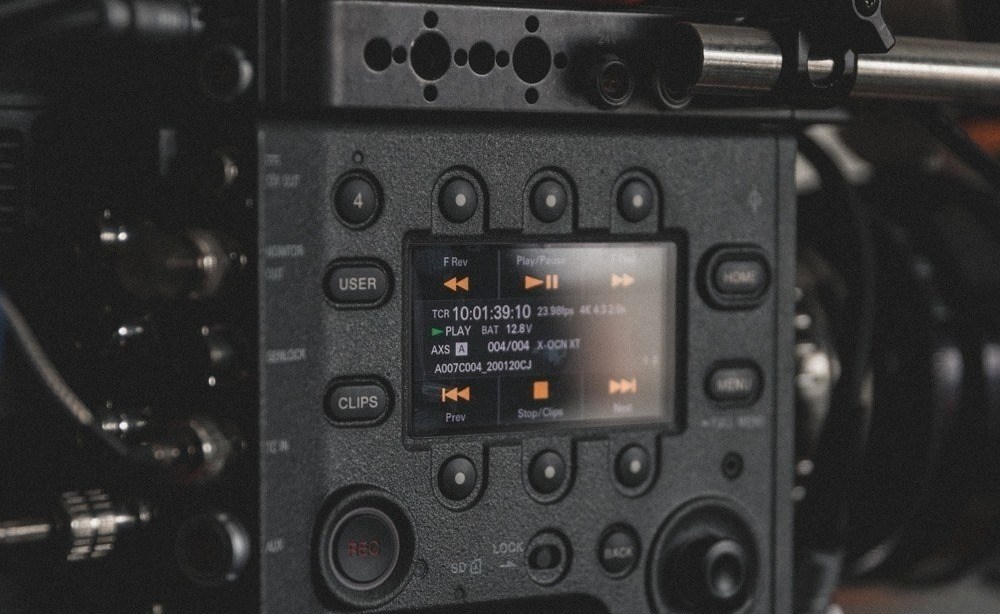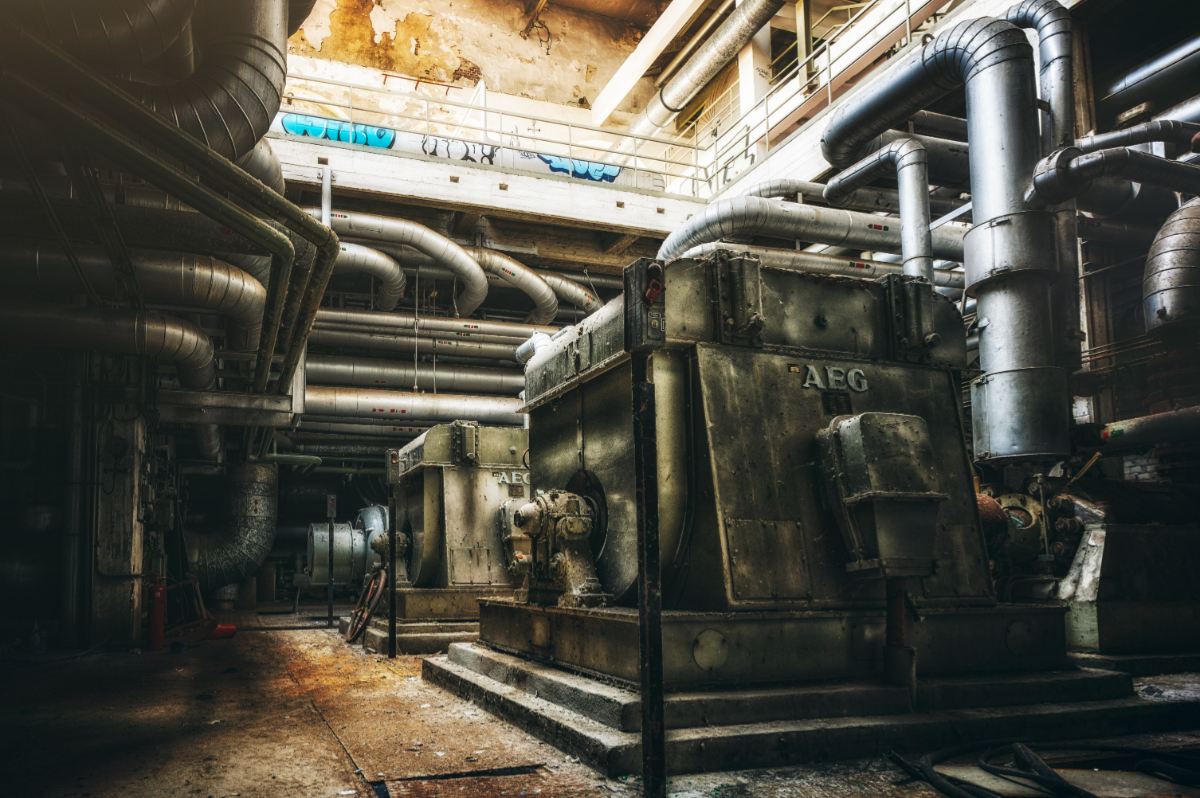The 3 types of generators are portable, inverter and standby generators. Find out more about the three main types of generators and which one is right for your needs.
What Does A Generator Do?
Generators act as a backup or alternative electric power supply to ensure that whenever the usual power supply to a building or business is interrupted, they can continue to provide the services they specialise in. Alternatively, generators can be used to produce electric energy in remote areas where access to mains grid electricity is impossible.
Most generators have similar fuel sources, such as propane, petrol, or diesel. It converts these to mechanical energy and then into electrical energy when required, most often during emergencies when the grid power breaks or is unavailable.
For businesses, medical facilities, and any other premises that rely on constant electrical energy, petrol, propane or diesel generators act as an alternative energy source during power outages, with said energy existing in an external circuit.
You might think of these as standby generators, but not all natural gas generators are standby generators, and they are not all installed in one place forever, so some will be easier to start than others.

Types Of Generators
You will typically encounter three types of generators: portable, inverter, and standby generators.
While they all differ in their application and use, the common thread between them all is their capacity to produce electricity when required. They will also need to be regularly serviced and maintained to ensure they are safe and operating at their optimal level. There are also common safety steps you need to take to mitigate any potential hazards when operating different generator types and the varying power configurations suitable for different types of work.
Here we will go through the different generators and detail some of their distinguishing features and how to use them best.
Portable Generators
Portable generators often require petrol or diesel to fuel their generation of electricity.
Like standby generators, portable generators will combust all the fuel sources in their generator engines to provide the electrical energy needed.
They are best suited for work where temporary electrical power is required, such as remote construction work without access to national grid electricity.

You can also wire portable generators to sub-panels when used in a residential setting. This will allow people to use the portable generator to power their televisions, fridges, and any other electrical appliances.
Alternatively, most portable generators have electrical sockets installed on them in the first place, so you can plug your appliances directly into the generator if needed.
Portable generators also demonstrate their usefulness during natural disasters or other incidents where access to grid power is interrupted. They come in a variety of power configurations, meaning you can usually find the perfect portable generator for your needs. Other areas where portable generators are particularly handy include:
Shops
Retail Outlets
Construction
Campsites
Outdoor Weddings
Festivals & Fairs
Powering Agricultural Equipment
If your home or office requires alternative or additional electrical power, you might want to consider purchasing portable or industrial generators. Not only can they provide the temporary electricity fix or additional electrical power you need, but they are also relatively cheap to buy and are very energy efficient in their work. However, you should bear in mind that you cannot install them indoors, given that they produce toxic fumes and are relatively high and may need to be protected against the weather.
Here are a few things to remember about portable generators to help you get the most out of yours:
These generators use internal combustion engines to generate electricity for your property or project.
You can wire your portable generator directly into your property or facility's electrical subpanel.
Alternatively, you can connect your appliances or machinery directly to the sockets on the generator.
As the name suggests, portable generators are perfect for use on remote sites where access to grid electricity is unavailable.
Typically, portable generators create enough electrical energy to power a television, fridge, or freezer.
You can also use them to power small electrical power tools or work lights on remote construction sites.
The combustion engine inside your portable generator should operate at 3,600 rpm to produce 60hz of electric current.
There will be a governor attached to the generator to control the engine's speed to reach this required turnover.
Inverter Generators
Inverter generators have a slightly more complicated process of producing electrical energy than their portable counterparts.
They naturally produce AC power (Alternating Current) to begin with, but this is then converted through a rectifier to produce DC power (Direct Current).
The current is then inverted back to deliver AC power, hence the name "inverter" generator.
These generators are very compact and lightweight, making them very adaptable. AC power is much steadier than DC regarding the total harmonic distortion (THD) of the electrical power supply and is much better for household appliances.

Therefore, inverter generators are perfect when you need to power things such as fridges, freezers and mobile phone or laptop chargers, given the low THD of the current won't harm the battery power of these appliances. Inverter generators are also well-suited to powering boats or caravans, given that they provide a specific voltage and frequency of electrical power.
AC power is much steadier than DC regarding the total harmonic distortion (THD) of the electrical power supply and is much better for household appliances.
Therefore, inverter generators are perfect when you need to power things such as fridges, freezers and mobile phone or laptop chargers, given the low THD of the current won't harm the battery power of these appliances. Inverter generators are also well-suited to powering boats or caravans, given that they provide a specific voltage and frequency of electrical power.
Here are a few things to remember about inverter generators to help you get the most out of yours:
Inverter generators are very high-tech pieces of equipment, using advanced magnets and advanced electronic circuitry to generate electrical energy.
There are three distinct stages in the production of electricity in inverter generators.
They generate AC electricity, which is converted into DC and then inverted back to AC when it is supplied to your appliances.
Inverter generators provide a constant current of electricity when in operation.
They are also very energy efficient, given that the motor that drives the generation of electricity alters its speed as required, depending on how much power you are using.
With the right regulator equipment, you can alter the current to any voltage or frequency you like.
Inverter generators are very compact and lightweight, meaning they can fit in your car, caravan, motorhome or boat.
Standby Generators
Standby generators are some of the most common types of generators you are likely to come across.
They are sometimes known as "backup" generators, but they essentially serve the same purpose, whatever you call them.
They use petrol or diesel fuel to generate electricity in emergencies or when the normal supply of electricity to a property, facility or factory is interrupted.

They are some of the largest generators you are likely to see, with large external tanks for fuel, so they can operate for as long as you need when your standard supply cuts out. Usually, standby generators have enough reserve fuel to power your property for a couple of days. They are also fitted with automatic operation switches so that as soon as your supply is interrupted, they can begin producing electricity, ensuring a continuous supply in emergencies.
Their powerful output, vast reserves, automatic initiation and capacity to provide effective protection against electrical mishaps makes standby generators one of the most popular types of generator out there, especially in industries or sectors that require a constant electrical supply. With a standby generator, the longest you will have to wait when your electricity cuts out is only a few seconds before the generator initiates and begins producing electricity for you.
Medical support equipment and units are possibly the areas where standby generators provide the most important service. With patients being kept alive through equipment and machinery, a constant electricity supply is essential to keep them safe. However, they are equally as useful in smaller commercial establishments or private companies connected to the mains grid, such as hotels, restaurants or apartment complexes. Due to their size and the amount of power they generate, standby generators are very expensive. They also require a good deal of generator maintenance to ensure they operate properly.
Here are a few things to remember about standby generators to help you get the most out of yours:
Standby generators operate automatically when your usual electrical supply is interrupted, providing you with permanent power protection.
It comprises two elements: the automatic transfer switch and the standby generator itself.
You can fuel the internal combustion engine with either natural gas lines or liquid propane.
A mere couple of seconds between your electrical supply cutting out and the generator initiating, creating an almost unnoticeable power loss during the transition between the two electrical systems.
They are perfect for those who need a constant electricity supply, such as medical facilities, fire protection systems, or other safety systems.
More high-tech models can conduct automatic self-assessments every week to diagnose any problems and see whether they react properly to power outages.
Standby generators constantly monitor your utility power supply to detect any disturbances.
Generators For Sale
If you are looking to stay as prepared as possible when it comes to powering your events, call us today on 01172 541069 for help choosing the right generator for you.
Now you know the requirements for common appliances you might be using at your events, get in contact to find the right generator for you.
Alternatively, see our range of generators here;





